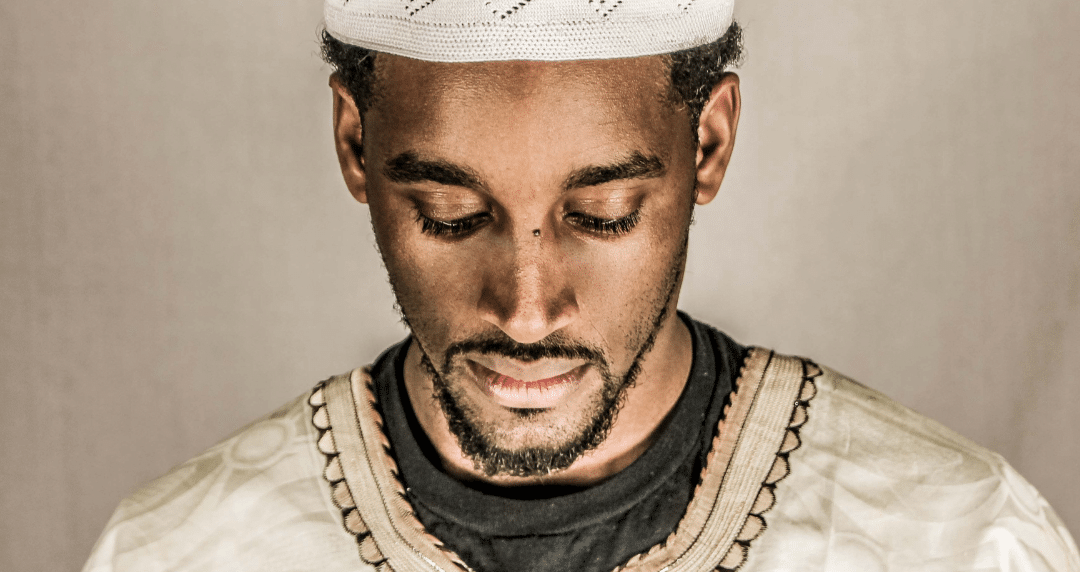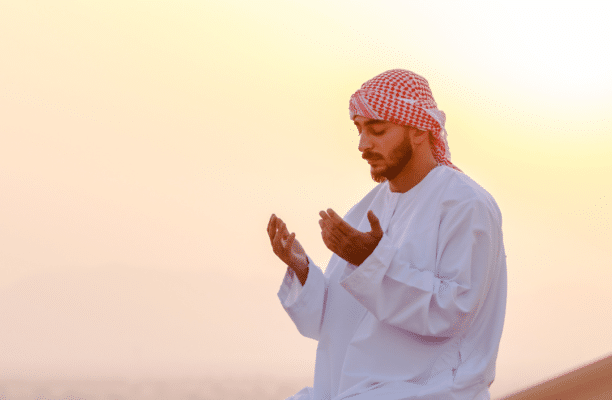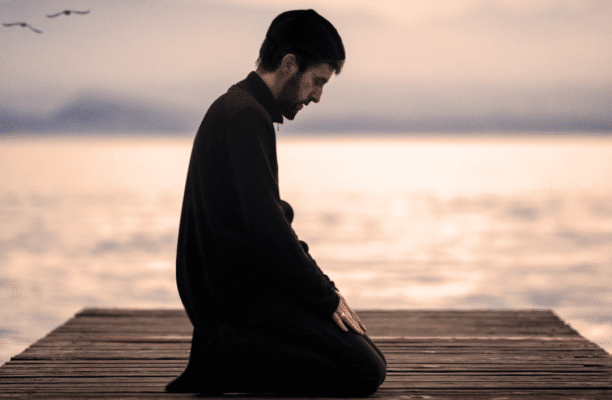Are you considering embracing Islam and wondering how to become a Muslim? Whether you’re seeking spiritual fulfillment or deepening your understanding of the faith, the journey to becoming a Muslim is a profound and life-changing experience. In this blog post, we’ll take you through the steps, beliefs, and practices associated with embracing Islam.
Whether you’re new to the faith or contemplating conversion, this guide is tailored to help you navigate this significant transition. Let’s embark on this enlightening journey together.
What is Islam?
Welcome to our exploration of Islam! With over 1.8 billion followers, Islam is the world’s second-largest religion. But what is Islam really about? Let’s delve into this fascinating and diverse faith!
Origins of Islam
Islam was founded in the 7th century in Mecca, modern-day Saudi Arabia, by the Prophet Muhammad (PBUG). According to Islamic belief, Muhammad (pbuh) received revelations from Allah, the Arabic word for God and the lord of the universe and the only God, which were later compiled into the Quran, the holy book of Islam.
Central to Islam is the belief in one God, Allah, and following the teachings of the Quran. Muslims also believe in the prophethood of Muhammad (pbuh), as well as the importance of prayer, charity (Zakat), fasting during Ramadan, and making a pilgrimage to Mecca (Hajj) if possible.
Islamic practices and traditions vary across different cultures and regions, leading to a rich tapestry of customs within the faith. From the vibrant celebrations of Eid al-Fitr and Eid al-Adha to the intricate art of calligraphy and geometric patterns, Islamic culture is as diverse as its followers as it is not limited to a certain ethnic background, color, or race. Islam is anyone and everyone.
So, you’re curious about Islam, the fascinating and widely practiced religion. Let’s dive into the heart of Islam and explore how to become a muslim.
What are the Pillars of Islam?
Islam is built on five fundamental pillars, which serve as the foundation of a Muslim’s faith and practice. These pillars include the testimony of faith, daily prayers, obligatory charity, fasting during the month of Ramadan, and the pilgrimage to the holy city of Mecca for those able to do so. These pillars are essential to the Islamic way of life, guiding Muslims towards a path of righteousness and spiritual growth.
Meaning of Shahada
The Shahada encapsulates the essence of Islamic monotheism, emphasizing the absolute belief in the singular existence of Allah as the sole deity worthy of worship. It acknowledges the prophethood of Muhammad as the final messenger, reinforcing the core belief in the guidance and teachings brought forth by him.
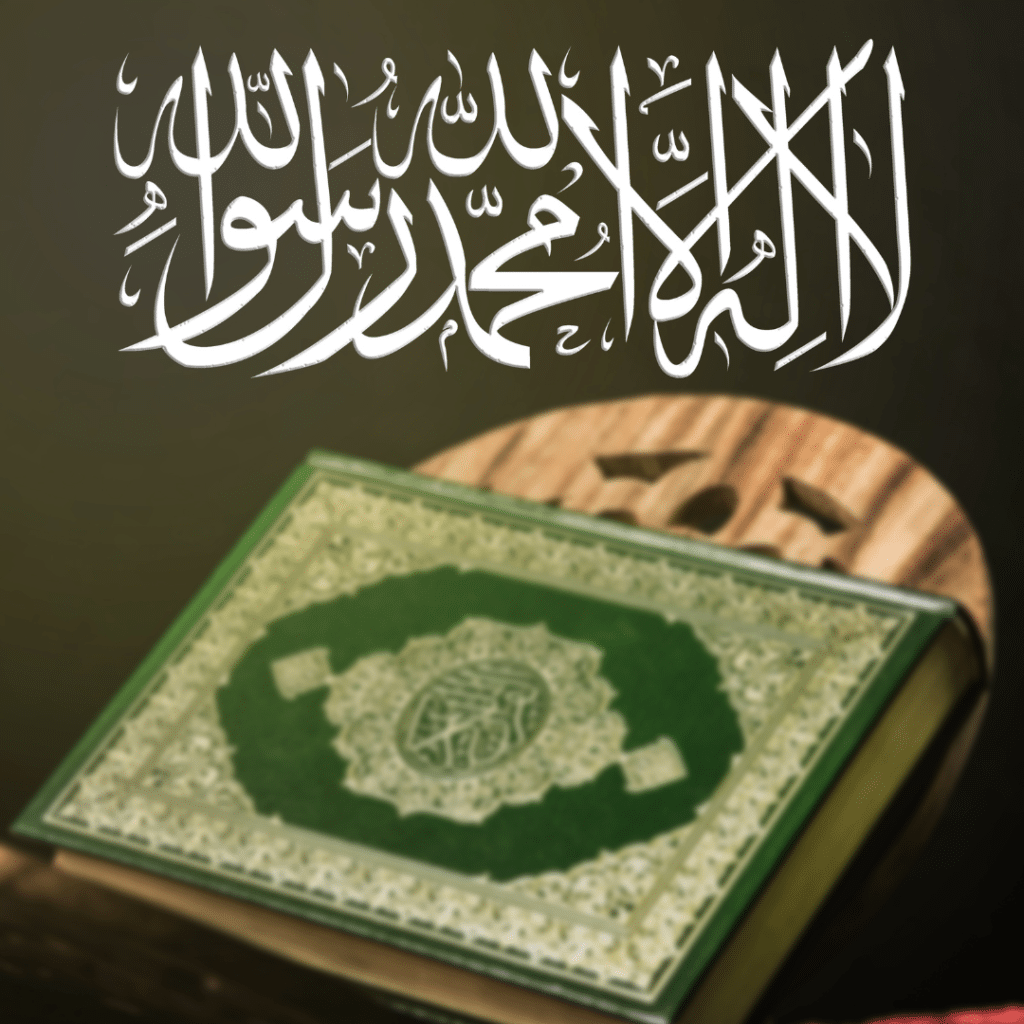
Importance of Shahada
The Shahada stands as the fundamental expression of one’s faith and submission to the teachings of Islam. Professing the Shahada is not merely a vocal affirmation but a spiritual commitment that shapes the identity of an individual as a Muslim. It signifies the unification of the Muslim community under the shared faith in Allah and the acceptance of Muhammad as the conduit for divine revelation, fostering a sense of belonging and purpose within the broader Islamic framework.
Make no mistake; the Shahada is not just a string of words, but a profound testament to an individual’s unwavering faith and allegiance to the Islamic creed. It serves as the cornerstone upon which the entire structure of Islamic belief and practice is built, permeating every aspect of a Muslim’s life with its enduring significance.
Salah (Prayer)
Salah, the ritual prayer of Islam, holds significant importance as one of the Five Pillars of Islam. It serves as a strong bond that connects Muslims with each other and with Allah, creating a sense of spiritual unity and communal harmony.
Rituals of Salah
The five daily prayers, known as Fajr, Dhuhr, Asr, Maghrib, and Isha, have specific times associated with them, aligning with the movement of the sun throughout the day. Each prayer involves a sequence of physical movements, including standing, bowing, prostrating, and sitting, accompanied by recitations from the Quran. These actions symbolize humility, gratitude, and submission to the will of Allah. The recitations serve as a means to seek spiritual connection and mindfulness.

Spiritual and Communal Aspects
Salah not only elevates the spiritual connection of an individual with Allah but also fosters a sense of unity within the Muslim community. The act of performing Salah in congregation emphasizes the collective devotion to Allah, reinforcing the sense of brotherhood and sisterhood among believers. Additionally, Salah serves as a reminder of the continuous presence of Allah in the lives of Muslims, promoting a shared spiritual consciousness and creating a bond that transcends individual differences.
In essence, Salah encompasses both physical and spiritual dimensions, grounding individuals in a routine of devotion while also strengthening the communal fabric of the Muslim ummah (community).
By embracing the rituals and internalizing the spiritual essence of Salah, Muslims find themselves interconnected with a broader community of believers, fostering a profound sense of belonging and shared purpose.
Zakat (Almsgiving)
Zakat, the practice of almsgiving, serves a crucial role in Islam, not only in purifying wealth but also in fostering harmony and support within the Muslim community. It’s not just about giving; it’s about creating a society where everyone is taken care of.
Purpose of Zakat
Zakat holds a significant purpose in purifying one’s wealth by recognizing that all possessions ultimately belong to Allah. By giving a portion of their wealth to those in need, Muslims show their gratitude and dependence on their faith. Moreover, Zakat plays a crucial role in helping those in need within the Muslim society, reinforcing the values of empathy and compassion.

Calculation and Distribution
The calculation of Zakat is a structured process where individuals donate a fixed percentage of their savings and assets. This donation is distributed to eligible recipients, encompassing the poor, needy, collectors, reconciling hearts, those in bondage, those in debt, in the cause of Allah, and for the wayfarer.
Zakat isn’t just about helping the less fortunate; it’s a spiritual obligation that fosters a sense of solidarity and communal responsibility. By embracing the duty of Zakat, Muslims are not only addressing the economic disparity within the community but also establishing a strong foundation of compassion and support.
Sawm (Fasting)
Fasting during the month of Ramadan, known as Sawm, is a significant pillar of Islam, observed with deep devotion and spiritual reflection. Muslims abstain from eating, drinking, and other physical needs from dawn until sunset, demonstrating self-discipline and empathy for those less fortunate.
Observance of Ramadan
During Ramadan, Muslims partake in pre-dawn meals, called Suhoor, to prepare for the day’s fast. At sunset, families come together for Iftar, the evening meal, breaking their fast with dates and water followed by a larger feast. It’s not just about avoiding food and drink; it’s about observing a deeper connection to one’s faith and community.

Spiritual Reflection and Self-Discipline
Sawm is not just refraining from physical needs; it involves spiritual reflection and self-improvement. It provides an opportunity for Muslims to purify their souls, practice self-discipline, and empathize with those who are less fortunate. Fasting fosters a sense of gratitude and mindfulness, encouraging individuals to reflect on their actions and seek forgiveness. It’s a time for personal growth and spiritual rejuvenation.
Observing Sawm during Ramadan is not simply a religious duty; it holds physical and spiritual benefits, promoting self-restraint, empathy, and gratitude. It’s a time for personal growth and spiritual rejuvenation, fostering a sense of community and solidarity among Muslims worldwide.
Hajj (Pilgrimage)
The annual pilgrimage to Mecca, known as Hajj, holds great significance in Islam. It is a powerful demonstration of faith and unity, where millions of Muslims from diverse backgrounds come together in a display of devotion and solidarity. Let’s delve into the rituals of Hajj and explore its unifying aspect.
Rituals of Hajj
Hajj encompasses several specific rituals, each carrying deep spiritual significance. Tawaf, the act of circumambulating the Kaaba seven times, symbolizes the unity of the Muslim ummah and the eternal circling of the cosmos. Sa’i involves walking seven times between the hills of Safa and Marwah, commemorating Hagar’s search for water and reaffirming the believers’ trust in divine providence. Wuquf, the standing at Mount Arafat, represents the climax of Hajj, as pilgrims seek forgiveness and mercy from the Almighty.
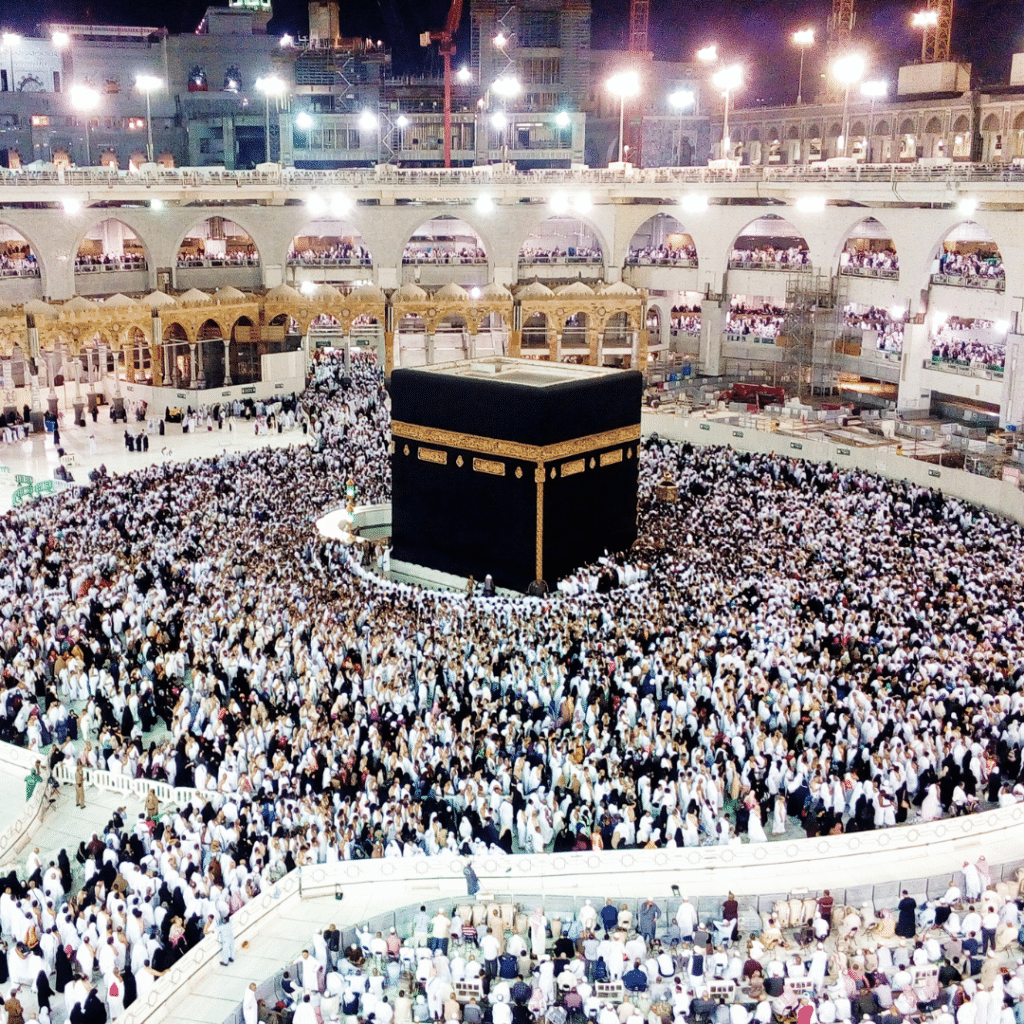
Unity and Equality
One of the most striking aspects of Hajj is the unifying force it exerts on the global Muslim community. Regardless of race, ethnicity, or social status, pilgrims stand side by side, donning the simple ihram attire, emphasizing the fundamental equality of all believers before the Creator. This collective experience serves as a potent reminder of the universal brotherhood and sisterhood in Islam, transcending geographical boundaries and societal divisions.
The rituals of Hajj are not merely acts of worship but profound demonstrations of faith, humility, and solidarity. As pilgrims engage in these rites, they are reminded of the timeless message of unity, equality, and submission to the will of Allah, fostering a sense of connectedness that extends far beyond the physical boundaries of the pilgrimage.
Whether you come from an Islamic background or are completely new to the faith, embracing Islam is a transformative journey that brings about a sense of community, guidance, and an eternal message of hope. As you immerse yourself in this new religion, you’ll find that the pillars of Islam not only provide a framework for an enriching way of life but also offer the greatest benefit – the true peace of mind that comes from knowing and worshiping the one true God.
So, what’s next on your journey to embracing Islam? Remember, there are numerous resources available at local mosques and Islamic centers to support new converts. Don’t hesitate to reach out and explore the vibrant community that awaits you on this fulfilling path.
Remember, embracing Islam is not just about adopting a new faith; it’s about embracing an entire way of life, filled with love, compassion, and devotion. Welcome to this beautiful journey!
The New Life of Piety
So, you’ve made the life-changing decision to embrace Islam and start your journey as a Muslim. This new phase brings with it a sense of fulfillment, purpose, and an opportunity to attain inner peace like never before. Let’s delve into the essence of this new life, exploring the significance of good deeds, and the profound benefit of achieving true peace of mind.

Good Deeds and Inner Peace
Embarking on the path of Islam means striving to engage in acts of kindness and righteousness, not only for the betterment of the community but also for your own spiritual growth. The religion of Islam stresses the importance of good deeds, emphasizing the concept of charity, compassion, and empathy towards others. By fulfilling the commandments of the Prophet Muhammad (pbuh) and incorporating the pillars of Islam into your daily life, you begin to experience a profound sense of fulfillment.
Engaging in acts of worship, such as daily prayers, and obligatory charity, brings a sense of tranquility and contentment. The selfless acts of helping others and the sincere declaration of faith, “la ilaha illa allah,” contribute to building a strong belief in the one true God and the eternal message of Islam. As a new Muslim, you discover that the teachings of Islam provide a clear roadmap for leading a life of purpose and meaning, ultimately leading to inner peace.
The Greatest Benefit: True Peace of Mind
One of the greatest benefits of embracing Islam is the attainment of true peace of mind. The religion of Islam instills a sense of serenity and contentment in the hearts of its followers. By surrendering to the will of Allah and seeking forgiveness for previous sins, new converts experience a profound transformation in their outlook toward life.
The holy Quran serves as a guiding light, offering solace and wisdom to those who seek it. The teachings of Islam, centered around the oneness of Allah and the reverence for the last messenger, Prophet Muhammad (pbuh), pave the way for achieving true peace of mind. As you immerse yourself in the Islamic principles and practices of this new religion, you begin to comprehend the significance of submission and complete obedience to the commands of the Prophet.
In conclusion, as you take the first step towards this new life of piety, remember that Islam is not just a religion, but a way of life that encompasses the common questions of existence, the afterlife, and the eternal message of the one true God. This journey of faith and devotion, culminating in the pure and unshakable belief in “la ilaha illa allah,” opens the door to a life filled with blessings, compassion, and true peace of mind.
Now that you’ve embarked on this exciting new journey, the next step is to delve into the various aspects of Islam, understanding its rich history, ethics, and the significance of the holy city of Mecca. Stay tuned as we explore the intricate details of this fastest-growing religion, shedding light on the main message and the profound teachings that shape the lives of millions around the world in more blog posts.
If you are interested in teaching Quran online or want to learn Quran online join us today by sending us an email on our contact form!
